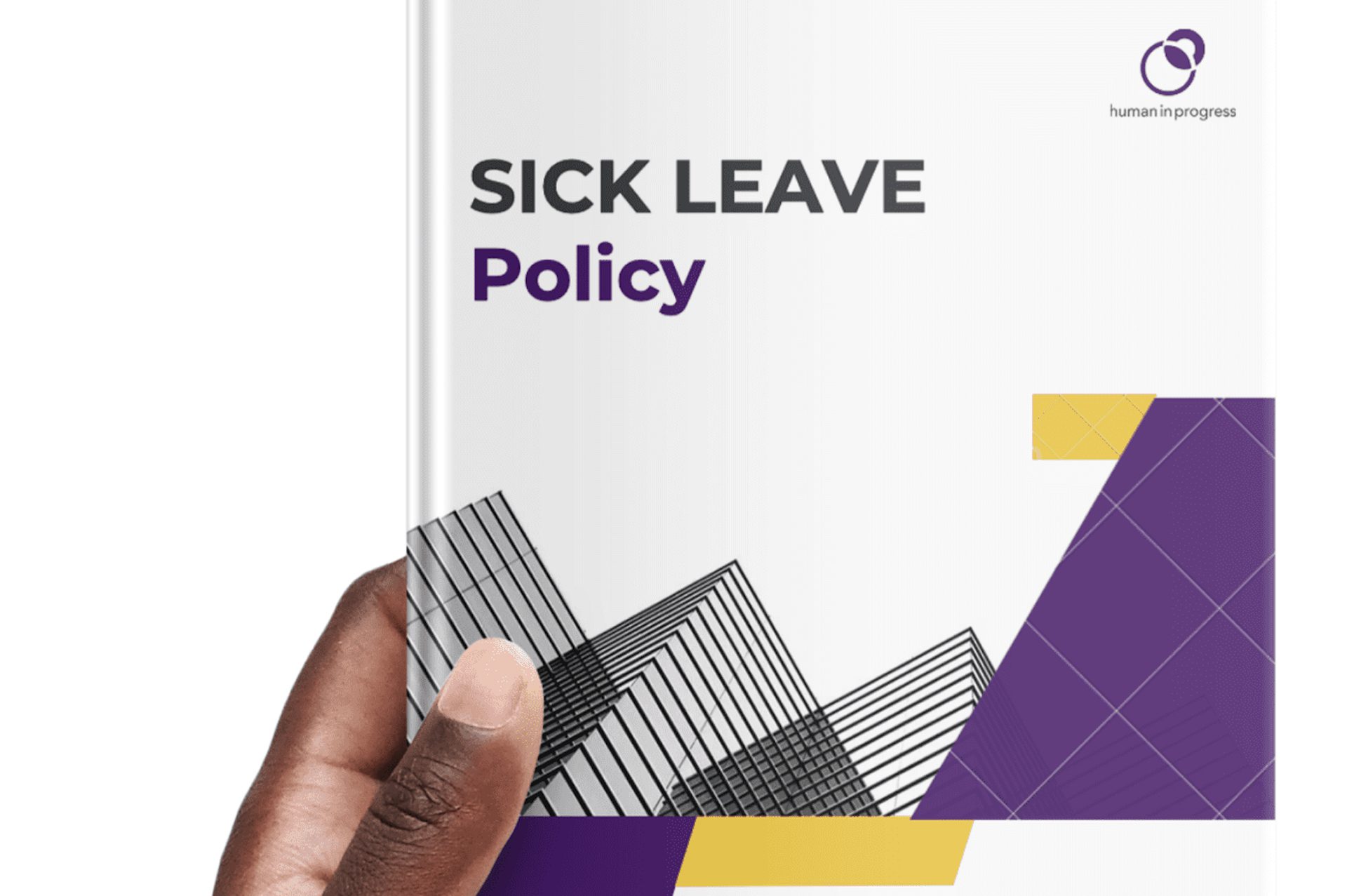
Artikel
05
januari
Star Ratings are Great for Finding a Good Restaurant; They Can Be Deadly if You Are Shopping for a Doctor

Looking for a new doctor?
That’s as easy as looking for a new restaurant. Search on Yelp, Google Reviews, US News and World Report, or a dozen other online sites and you’ll find patient satisfaction scores for hundreds of thousands of doctors, rated as diners might review a chocolate souffle.
These satisfaction reviews will tell you if the doctor is pleasant, reassuring, or funny. They will tell you if the staff is polite, if there are long wait times, and if there is adequate parking. Overall, they will tell you if patients are happier when they leave the office than when they came in.
But there’s one big problem: patient satisfaction scores tell you nothing about whether a doctor is good at curing people. In fact, patient satisfaction scores can lead to unnecessary healthcare costs, unnecessary injuries, and in some cases, the preventable deaths of patients.
Patient satisfaction scores play a major role in helping doctors attract patients and they incentivize doctors to keep patients happy. Afraid of receiving negative ratings, some physicians are intimidated into granting patient requests for tests, medications, or procedures that are expensive, unnecessary and sometimes even dangerous. Like all medical procedures, unnecessary ones can harm patients or even lead to deaths.
In fact, one massive study of patients who provided satisfaction scores found that patients who were most satisfied with their doctors had higher mortality rates than dissatisfied patients. In 2012, researchers at the University of California at Davis, using data from nearly 52,000 adults, found that the most satisfied patients also spent the most on healthcare and prescription drugs. They were 12% more likely to be admitted to the hospital and accounted for 9% more in total health care costs. Strikingly, they were also the ones more likely to die. The study researchers suggested that the most satisfied patients have a higher mortality rate because they receive more discretionary services–interventions that carry a risk of adverse effects.
As an orthopedic surgeon who has treated thousands of patients, I have seen the tyranny of patient satisfaction ratings at work.
Say a patient demands a powerful opioid like Percocet, a highly addictive pain killer. You, as their doctor, know they should take a less powerful, non-addictive pain killer. You also suspect that the patient is an opioid addict. The right thing to do is to say no.
But you also know that if you deny this patient, he can easily post terribly derogatory reviews online. Potential new patients will see those reviews and stay away. Your kids will see it and think their dad is a bad doctor. Medical peers will see it and wonder what is going on. The easiest thing to do is the wrong thing to do: write a prescription for Percocet and send the patient on his way.
Don’t take my word for it. One state medical society survey of 155 respondents found that more than half had ordered inappropriate tests and prescribed inappropriate antibiotic or opioid pain medication as a result of patient satisfaction scores. A third had unnecessarily admitted a patient into hospital and almost half of respondents believed they had provided inappropriate patient care in deference to patient satisfaction ratings.
In addition to focusing doctors on patient catering over patient care, subjective reviews fail to gather objective data that indicates how much improvement (or worsening) a given doctor has been able to help prior patients with similar conditions achieve.
Take for example, a 5-star review from a patient who achieves 50% improvement in their symptoms after being treated by a doctor with a great bedside manner and a beautiful office. Conversely, a patient who achieves 100% improvement from a doctor with a poor bedside manner (or timeliness, parking, staff, office lighting, etc..) is likely to give them a poor review.
What we really want is a way to differentiate which doctor is most likely to give us the best result. Is knowing that information even possible?
Luckily, it is.
Patient Reported Outcome Measures (PROMs) can provide objective data on the effectiveness of providers, as patients report their symptoms, functional status, and quality of life using science, not subjective opinions. PROMs are standardized and validated questionnaires that gather critical data on patient improvement. They are developed through extensive research and validation processes to ensure their reliability, validity, and relevance. They are the same questionnaires used in FDA studies and clinical trials.
PROMs scores should be the gold standard for how patients find their doctors, not viewing subjective online reviews of doctors’ ability to satisfy their patients.
For example, Newsweek and Statista recently developed a PROMs implementation survey to determine the current state of PROMs implementation in hospitals. The results of this survey were incorporated into the 2023 editions of Newsweek’s World’s Best Specialized Hospitals and World’s Best Hospitals rankings.
But PROMs are generally not available to the public and gathering PROMs data requires extra work by physicians and their staffs. Nonetheless, if PROMs data were available, they would reduce healthcare costs, eliminate some unnecessary procedures, and even prevent avoidable deaths.
A major step would be for the Centers for Medicare and Medicaid Services, which administers Medicare coverage for 60 million Americans, to begin meaningfully incentivizing physicians and other providers to collect PROMs data on their practices and make that data available to the public.
Once government has begun a push for PROMs, the private sector is likely to follow suit, providing an alternative source of information that truly reveals who is practicing medicine well and who is not.
It is time for the healthcare industry to put an end to the tyranny of subjective patient satisfaction ratings. It is more than an issue of being fair to doctors. It is a matter of doctors first doing no harm.
Photo: Prostock-Studio, Getty Images
What's your reaction ?
Follow us on Social Media
Some Categories
Recent posts

July 24, 2024
Navigating AI Implementation: Try these strategies to overcome resistance.

July 24, 2024
Sick Leave Policy Netherlands Guidance for HR and Entrepreneur.

July 24, 2024
CSRD Reporting: Mandatory Reporting on Corporate Sustainability.

July 24, 2024
Training Budget: Investing in Employee Development.

July 24, 2024
9 Reasons Why Small Businesses Should Outsource HR.

 Inloggen
Inloggen
 Registreren
Registreren






Comments (0)
No reviews found
Add Comment